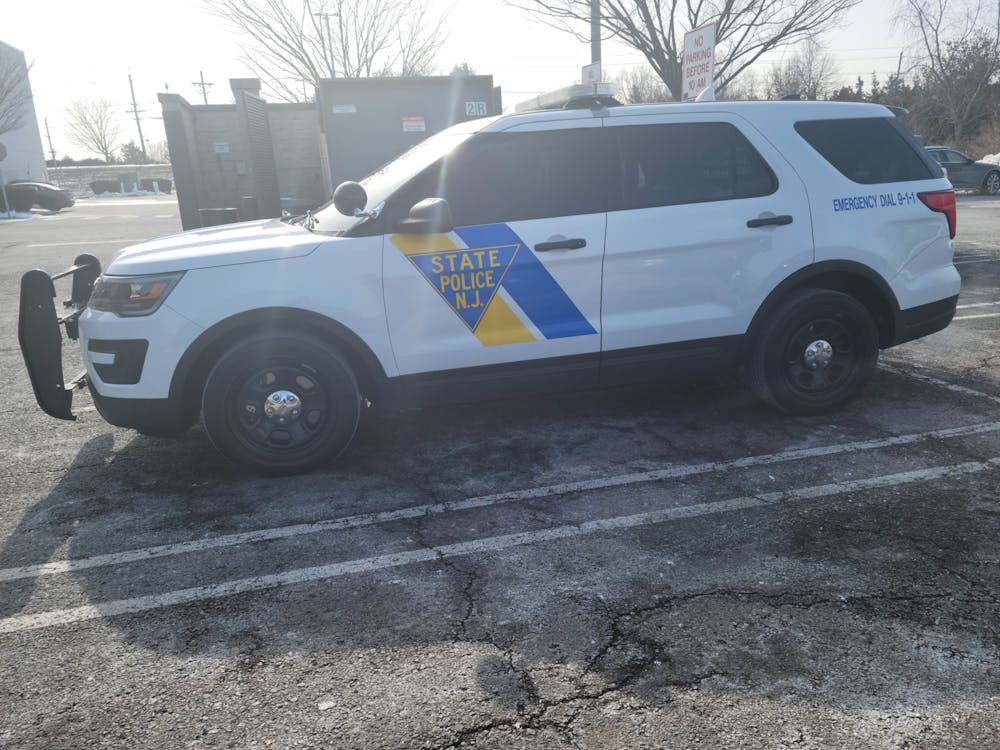By Leah Cruz
Staff Writer
New Jersey State Police underwent departmental restructuring on Sept. 24 in light of reports of gender and racial discrimination and biases within the agency’s hiring processes. N.J. Attorney General Matt Platkin has taken control of the N.J. State Police human resources department as well as its equal employment division in an effort to combat several findings of unfair and biased practices.
This restructuring is a result of two investigations by the Attorney General’s Office of Public Accountability and Integrity that found systemic flaws within the agency as well as several reports of officers handling reports of racial discrimination and sexual misconduct allegations poorly.
“These investigations revealed deeply troubling conduct and systemic problems within the New Jersey State Police that demand reform,” Platkin said in a statement.
The reforms that Platkin ordered include over two dozen policy changes, including implementing a mandatory annual diversity, equity and inclusion training for officers as well as changes to the agency’s physical fitness and sick-leave policies that most negatively impact female officers.
Colonel Patrick Callahan, the agency’s superintendent, agreed to implement these reforms, stating that the NJ State Police “cannot allow these problems to tarnish the honor and fidelity that so many men and women in this uniform live by.”
In December of last year, the N.J. State Police were under investigation by the U.S. Justice Department, echoing the over 20 lawsuits that have been filed against the agency for racial and gender bias. According to the New York Times, four women came together to file a lawsuit accusing the agency of extreme gender bias that kept female officers from receiving top promotions.
Racial biases, as well, have been argued to be deeply seeded in the promotional process of state police officers. According to NJ.com, Major Brian Polite, a Black officer, has been the victim of racist remarks by white colleagues and believes he had been passed up for promotions because of his race.
Currently, three out of every four troopers employed by the State Police are white, with only 5.6% of troopers being female, according to the Times. While the state has made efforts to increase its diversity — including a significant increase in the number of Black and Latino officers since 1998 — the agency is still under fire for alleged unfair practices.
An investigation by Kaufman Dolowich, a litigation firm, has found that the promotion process within the State Police has consistently “lacked diversity in its top ranks,” according to the Times. The scathing report was the result of 150 individual interviews with current and former troopers who believed themselves to be victims of gender and racial discrimination.
In response to the Kaufman Dolowich findings as well as the conclusions of the OPIA, Platkin concluded that both investigations were consistent in their discoveries of gender and racial discrimination and unfair practices within the agency.
“Both investigative teams found that the Internal Affairs function of the NJSP was weaponized against some troopers, while those favored by management operated with impunity,” Platikin said in his statement.
In a recent example, former lieutenant Joseph Nitti from the Office of Professional Standards responded to an anonymous complaint that accused a close friend of his of making a racist comment about a Black senior member. According to Politico, Nitti used extensive state resources in an effort to identify the anonymous individual as the target of the racist remark instead of dealing with the allegation itself.
According to the 2022 investigation carried out by the OPIA, Nitti had also been found to be inappropriately discussing a 14-year-old victim of an alleged sexual misconduct carried out by a trooper in a group chat with his colleagues, saying, “Can we at least see a pic of her. I’d like to see what all the hubbub is about.”
Nitti retired while the investigation was ongoing, but had he not, the OPIA would have recommended his termination as Lieutenant of the Office of Professional Standards and from the N.J. State Police.
The numerous reports accusing the N.J. State Police of various forms of discrimination call for increased reform and intensive restructuring of policies that exclude certain members of the agency. With these new actions, the attorney general’s office hopes to combat systemic problems in several of the agency’s departments.







